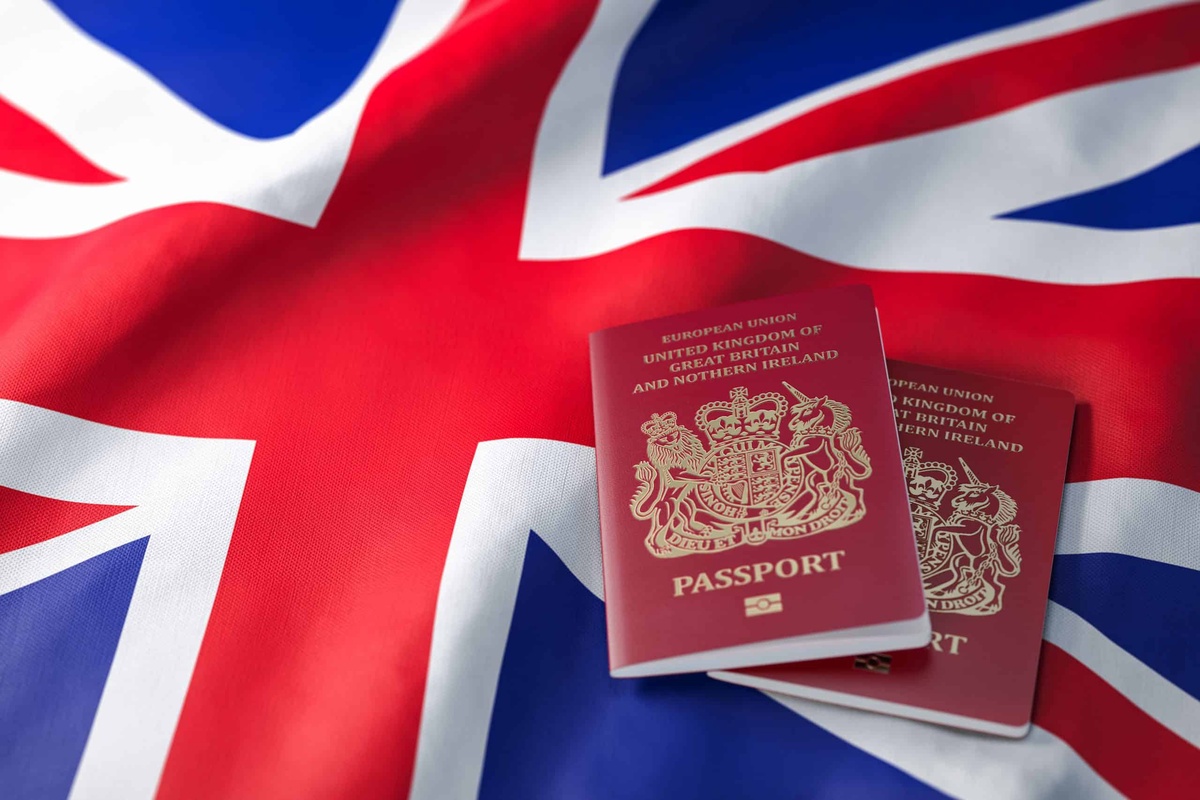British naturalisation is the legal process by which you can become a UK citizen. UK citizenship allows you to live in the UK without immigration restrictions.
You can apply for British naturalisation once you have been granted indefinite leave to remain (ILR). Applicants also need to meet the English language and good character requirements.
What is the process of naturalisation?
There are three main ways for migrants to become UK citizens: citizenship by birth (if born in the UK or its colonies), registration (usually for children), and naturalisation (usually for adults). Naturalisation is usually required if you want to be able to travel freely without immigration control, work legally in the UK, and access certain benefits.
To be granted naturalisation uk, you must satisfy eligibility and residential requirements. A key aspect of this is proving you have good character, as well as English language competence. The vast majority of refusals for British citizenship are due to failing to meet these requirements. Our UK immigration and citizenship experts can assist you in meeting these requirements, ensuring that your application is as strong as possible.
The first step is to complete a British citizenship application form. This will include personal details and a photograph of yourself. You will also need to provide details of two referees who have known you personally for at least three years. One of the referees must be a British citizen and the other must be a person of professional standing, such as a police officer or accountant.
You will be required to submit documentary evidence of your residence in the UK and other qualifying criteria, such as financial stability and knowledge of the English language. You will also need to demonstrate a sufficient understanding of UK history and culture. Depending on your circumstances, you may need to undertake a citizenship test or take an interview.
Once your application has been approved, you will be given 90 days to arrange a ceremony to receive your certificate of naturalisation. This is an important moment in your migration journey as it marks the official beginning of your full integration into the British community.
It is important that you plan ahead for this event, as there will be increased demand and processing times will be longer than usual due to coronavirus. We advise that you contact us as soon as you start your application to ensure we can schedule your ceremony and enrol your biometrics within the time limit.
Who can apply for naturalisation?
For hundreds of years, foreign nationals living in the UK have been able to gain British citizenship by naturalisation. The criteria for this have changed over the years but for successful applicants, this process grants them the same legal rights and status as British citizens. The UK citizenship application process can be complex and applicants need to ensure they meet all the requirements or risk having their application refused.
There are a number of criteria that must be met for an individual to become a citizen, including having 'good character', paying taxes and not being in jail. In addition, an applicant must have lived in the UK for a minimum of 3 years and not spent more than 450 days away from the country in the previous 5 years. This criterion does not apply to spouses of British citizens and to children who are born here.
Applicants must also be of'sound mind' and understand the responsibilities that come with being a British citizen. If an applicant has a mental health condition, they will need to provide details of their condition and evidence that they are receiving care and support. If the applicant cannot prove they are of'sound mind', their application will be refused.
In order to complete the application, an applicant must have two referees. One of these must be a British citizen and the other must be a professional such as a doctor or minister of religion. It is also necessary to demonstrate that the applicant has a basic level of English and is able to participate in everyday conversation. It is possible to apply for naturalisation before achieving this standard, but the Home Office will assess an applicant's ability to take on board information and contribute to society as a result of their lack of proficiency.
An applicant must also pass the Life in the UK test, which consists of 24 multiple choice questions relating to British history and culture, daily life and traditions. It costs PS50 to take the test and the results must be submitted with the application form. The Home Office will not refund the fee if the applicant is unsuccessful. Many British citizenship applications are refused and it is essential to obtain advice from experienced immigration solicitors in order to prepare a quality application that improves chances of success.
What are the requirements for naturalisation?
For those who have built a life in the UK, being granted British citizenship is a significant milestone. As such, it is crucial to ensure that your application meets all of the required criteria. Our immigration and citizenship experts can help you collate your evidence and prepare a strong case for naturalisation.
In order to be granted naturalisation, you must meet a number of eligibility and residential requirements. Amongst other things, you must have been living in the UK lawfully for a period of five years or more, and demonstrate that you are of good character. Moreover, you must have a sufficient level of English language proficiency to be able to participate in daily life and hold employment in the UK.
Additionally, you must pass the Life in the UK test, which contains 24 multiple choice questions on topics such as British history, culture, and values. You must also be of sound mind and have a full understanding of the processes involved in your naturalisation application. If you are applying on behalf of someone else, such as a child, you must provide details of their mental health condition and confirm that you are providing them with care and support.
If you have been convicted of a criminal offence in the past, this may impact your ability to become a British citizen. However, the extent to which this affects you will depend on a number of factors, such as the nature of the offence, whether it was committed in the UK and if a custodial sentence was received. You must be transparent with the Home Office regarding any previous offences and convictions as failing to do so could lead to your application being refused.
Once you submit your naturalisation application, you will be provided with a unique reference number to track the progress of your case. You will then be required to make an appointment at a UK Visa and Citizenship Application Services (UKVCAS) service point to provide your biometric information, such as your fingerprints and photo.
Once your application has been processed, you will be notified of the outcome in writing. If you are unsuccessful, it is possible to apply for a Judicial Review challenging the legal reason behind the refusal.
Visit Website: https://www.united-solicitors.co.uk/immigration
How do I apply for naturalisation?
If you are a non-EU citizen, you need to go through naturalisation in order to become a British citizen and enjoy the benefits of citizenship, including the ability to vote, live and work freely in the UK. Naturalisation applications are complex and the vast majority of refused British naturalisation applications are due to failure to satisfy the eligibility requirements such as residency and good character. It is important to seek expert advice on how to make a successful naturalisation application in the first instance.
Most adults who apply for naturalisation will have been living in the UK as a resident for at least three years. This will include time spent with a lawful visa (indefinite leave to remain or permanent residence for non-EU citizens and right of abode for EU citizens) as well as any periods of UK residence prior to that.
You must meet the English language requirement for naturalisation and be able to demonstrate that you understand life in the UK and its institutions and history. Applicants are also required to pass the ‘Life in the UK Test’ which costs PS50 and covers 24 multiple choice questions.
It is important to be aware that previous criminal convictions will impact on your naturalisation application. It is important to disclose all convictions as part of the application and to seek legal advice about how the outcome of those convictions will impact on your ability to be granted British citizenship.
As with all immigration matters, it is essential to ensure that your application forms and supporting documentation are accurate and complete in order for the Home Office to be able to process your naturalisation application as quickly and efficiently as possible. It is also important that you respond to any Home Office enquiries in a timely manner so as not to delay the processing of your application.
Visit the Link to Learn More: https://unitedsolicitors.livepositively.com/what-is-the-difference-between-british-citizenship-and-naturalisation/


No comments yet